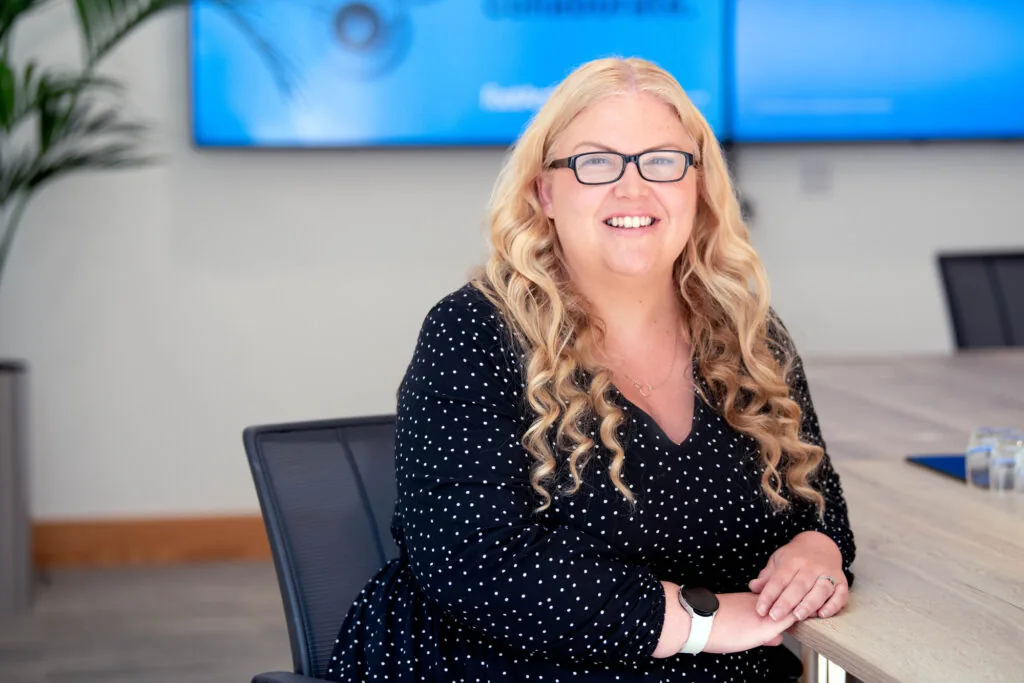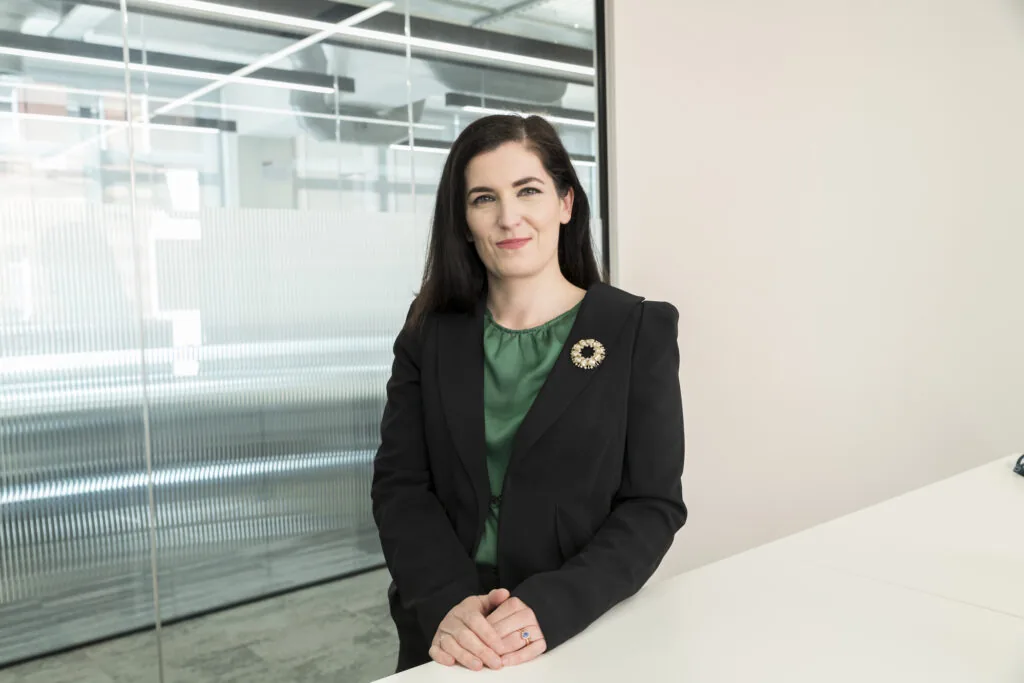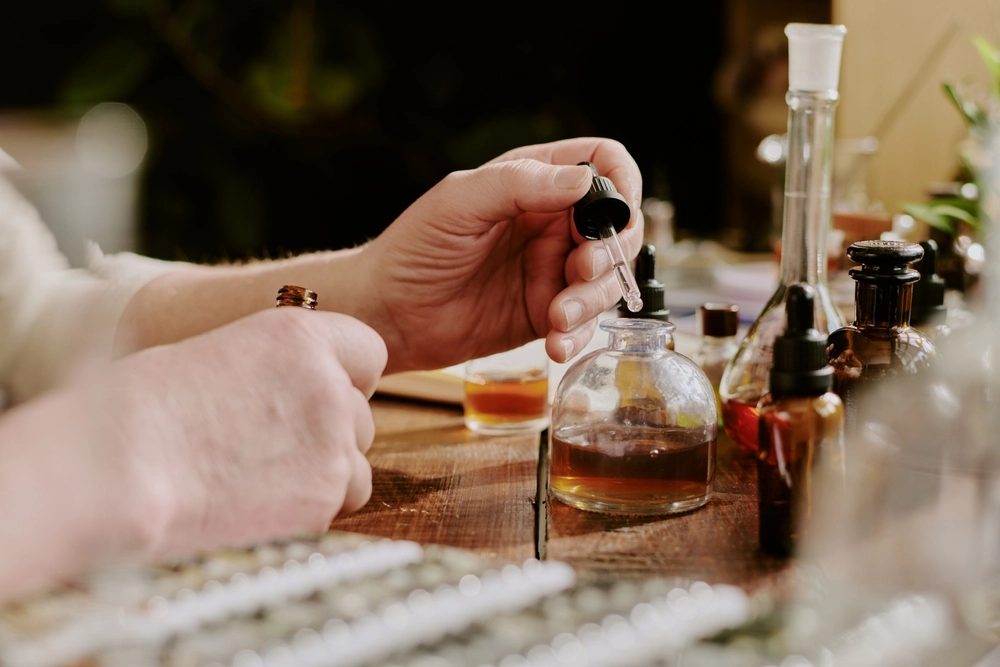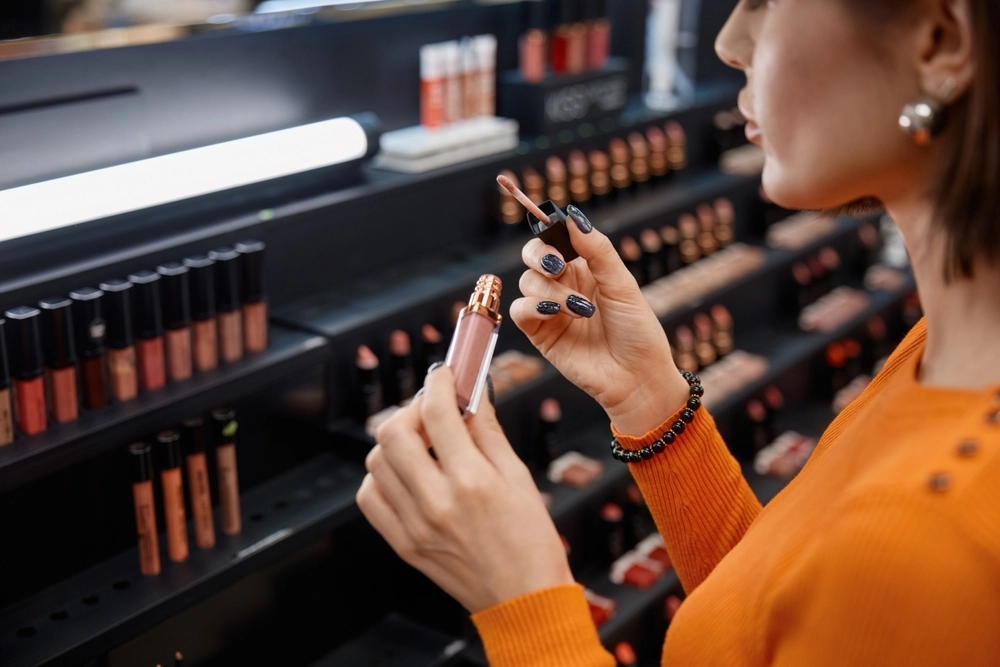
Debra beats Beats: Enping successfully defends headphone giants Beats in trade mark dispute


Beats Electronics, LLC ("Beats"), best known for its distinctive "b" logo and range of headphones have unsuccessfully opposed an attempt by Chinese company, Enping Yin Peng E-commerce Co., Ltd ("Enping"), to register the trade mark "Db Debra" (as set out below) in the UK (the "Application"). The proposed trade mark was intended to appear on headphones and other audio equipment, an area where Beats has built a strong reputation.
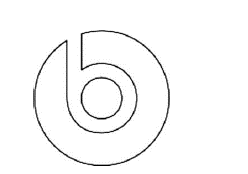
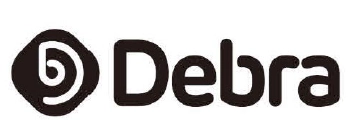
Beats opposed the Application on two grounds:
Likelihood of confusion
Beats argued the Application was similar to its earlier "b" device marks and that the goods covered were either identical or closely related. In Beats' view, due to the degree of similarity in the logos, there was a likelihood consumers would confuse products sold using the "Db Debra" logo, and assume they were connected with, or endorsed by, Beats.
Reputation
Beats also relied on the argument that even if consumers were not directly confused by the resemblance of the logos, Enping would take an unfair advantage of the reputation and distinctive character of the Beats brand and their marks.
Evidence of use and reputation
As Beats' trade mark had been registered for more than five years, the company had to prove the marks had been put to genuine use within the UK as well as proving the marks had a reputation within the UK. Beats' evidence included UK sales figures for the period of 2018 – 2023, showing a total of over $360 million for the period, representing a very large turnover. Further, Beats also provided its marketing spend in the UK for the same period, with an excess of $28.4 million being spent between 2018 and 2023. In addition, Beats also referenced its widespread distribution of products through major retailers within the UK including John Lewis and Argos.
Assessment of use and reputation
The hearing officer accepted that Beats had proven a genuine use and enjoyed a strong reputation in the UK market. However, they narrowed the scope of protection to goods where the evidence was clearest (headphones and portable speakers). The hearing officer was of the view that other goods, such as cables and microphones were not supported by evidence of sufficient use or reputation.
Opposition decision
Likelihood of confusion
The hearing officer accepted that there was some visual similarity between the "b" logo and the "Db Debra" mark. However, this was only at a low level. Conceptually, and aurally, the marks were found to be dissimilar as the average consumer would view the applicant's mark as consisting of two elements: the device "Db" and the word "Debra". The presence of the distinctive word element significantly reduced any impact of device similarity.
On that basis, the hearing officer concluded that there was no likelihood of confusion, even for identical goods such as headphones. Consumers would not be lead to believe that the marks originated form the same business or from economically linked undertakings.
Reputation and unfair advantage
Beats also relied on its reputation, arguing that even if consumers were not confused, use of the "Db Debra" mark would take an unfair advantage of, or cause detriment to, the distinctive character of its brand. While the hearing officer accepted that Beats had a strong reputation in headphones and portable speakers, the weak similarities between the marks meant that consumers were unlikely to make the required mental link between them.
Without that link, the claim of unfair advantage or detriment could not succeed. The hearing officer therefore dismissed the opposition based on this ground. The application to register the "Db Debra" trade mark will proceed to registration.
Our thoughts
This case demonstrates that even with a strong reputation, such as the one Beats enjoys in relation to headphones and portable speakers, a mental link between the brands must be found for an opposition to succeed under this ground. The law demands not only that the mark is well known, but also that it is similar enough to create consumer confusion. Here, the word element "Debra" was decisive; it overshadowed the "b" and was enough to distinguish the mark from Beats' branding.
If you need any trade mark law advice, please contact our team of expert IP lawyers.







